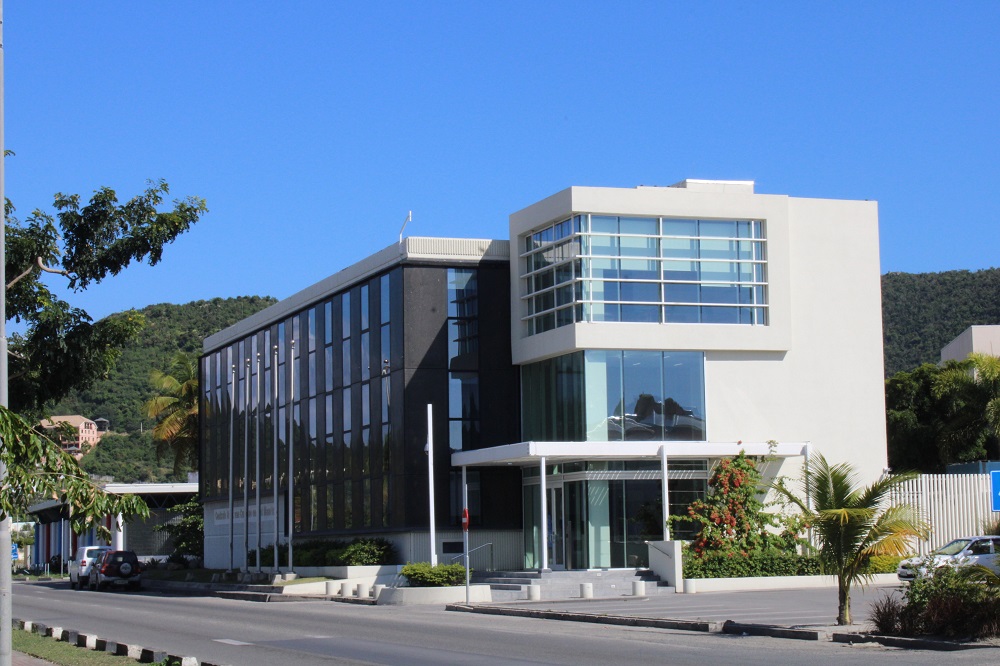Reducing red tape improves the business climate

PHILIPSBURG — More than half of the respondents in a Central Bank-survey into the effect of red tape on business performance and economic development said that the costs of regulatory compliance have increased between 2015 and 2019. Businesses spend on average more than 2.5 hours per week on it.
The top-5 most costly administrative procedures are resolving insolvency, establishing permits, contracting with government, dealing with construction permits and obtaining credit.
The survey was conducted by Reggie Martes, an economic and research specialist at the Central Bank. The in-depth analysis of his findings will be published in the fourth quarter of this year.
The researcher published preliminary findings in a blog on the website of the Central Bank.
Martes approached 1,341 businesses in St. Maarten through a process of random selection. 335 companies responded (25 percent). In Curacao, where the same survey was conducted, the response was slightly higher at 28.7 percent. Martes notes that the response is higher than those for similar surveys in the Netherlands and in OECD (Organization for Economic Co-Operation and Development) international surveys.
Businesses in St. Maarten perceive engaging with the government to get public contracts as cumbersome. According to the World Bank it takes approximately 100 days to open a business in a poor regulatory environment, In St. Maarten this process takes 6 months, or almost 200 days.
The red tape businesses have to deal with has consequences for their results: 51.3 percent of respondents said that their profitability was affected by regulatory requirements.
Martes also asked participants in the survey which measures would result in an improved business environment. The same answer came back from entrepreneurs in St. Maarten and Curacao: web-based reporting is the best measure to reduce the administrative burden. Furthermore, respondents indicated, when the government considers new regulations it should improve its communication and consultation with the private sector.
Martes acknowledges that red tape cannot be eliminated immediately or completely. “But steps can be taken to gradually reduce it.”
Reducing red tape would result in reducing economic inefficiencies and improve the business climate. “It is important to keep an adequate balance between legal matters, economic growth, and societal development. This can help improve the overall performance of public and private organizations and ultimately result in higher economic growth,” the researcher concludes.
###
Related articles:
Doing business in St. Maarten: bottlenecks and solutions
Tourism remains the focal point of St. Maarten’s economy
Ministry of TEATT launches MSME development program


























